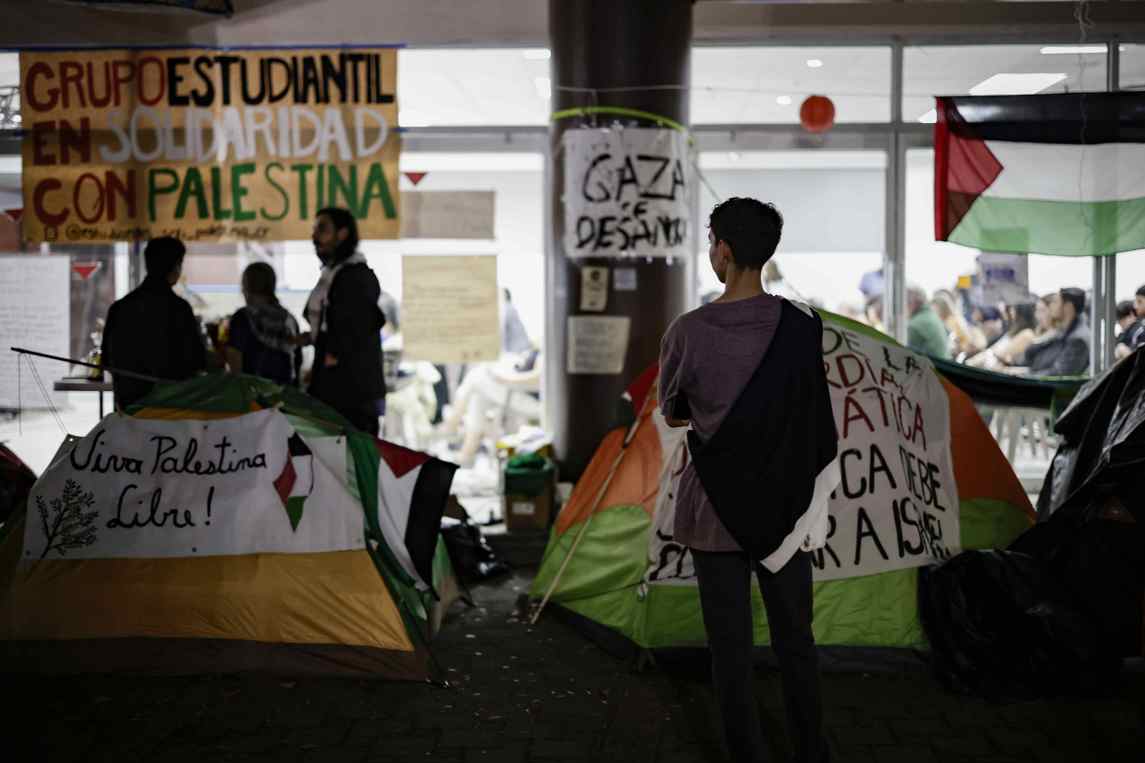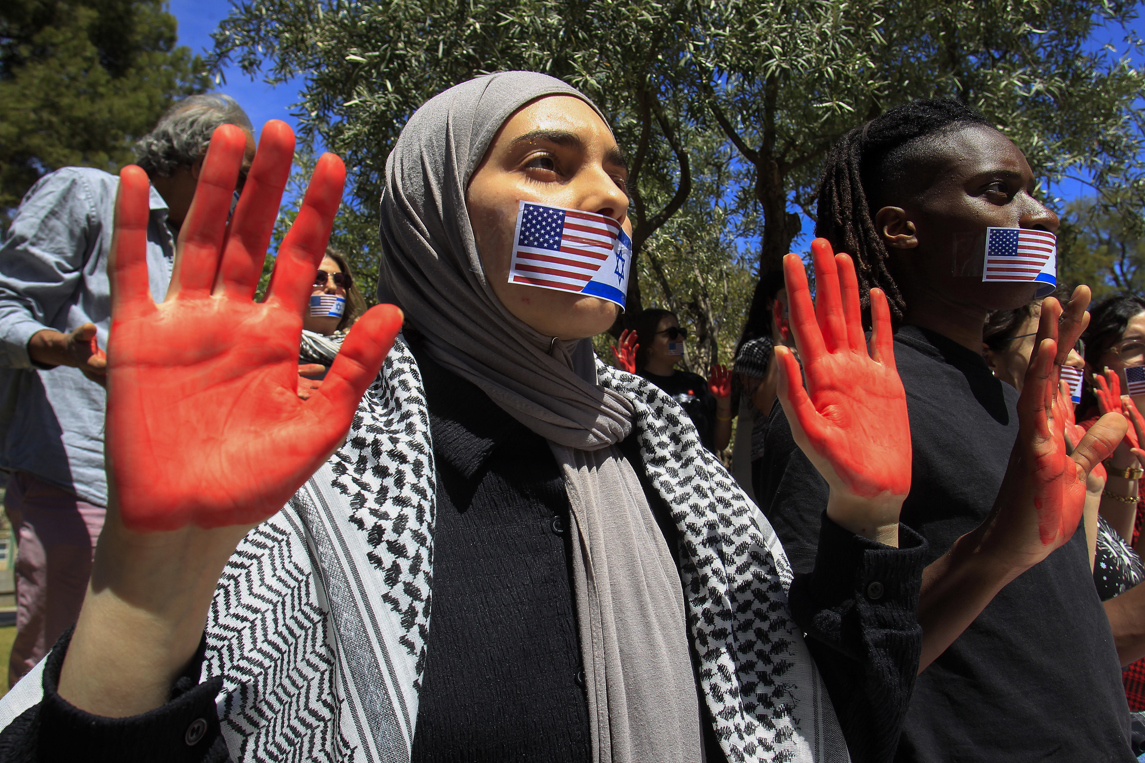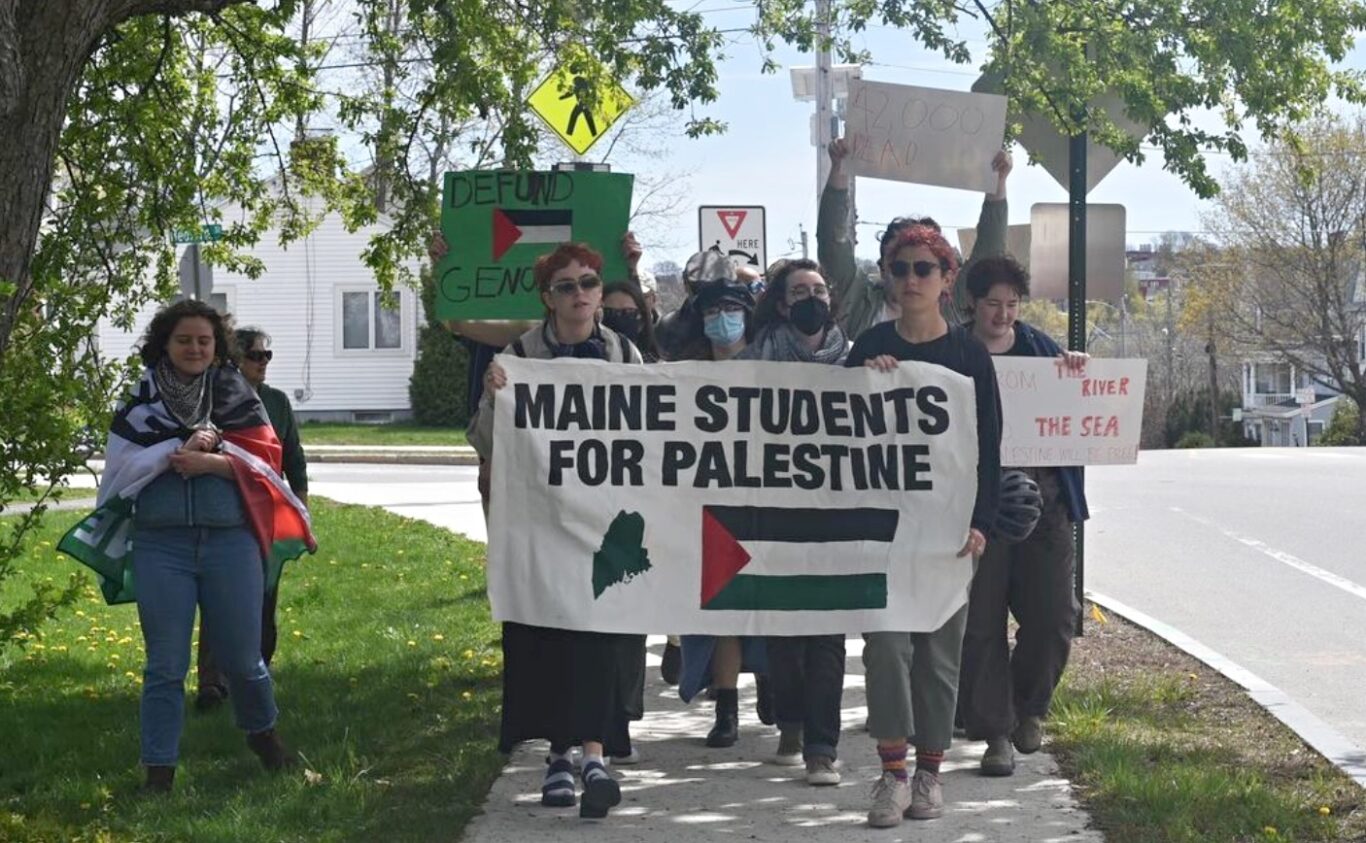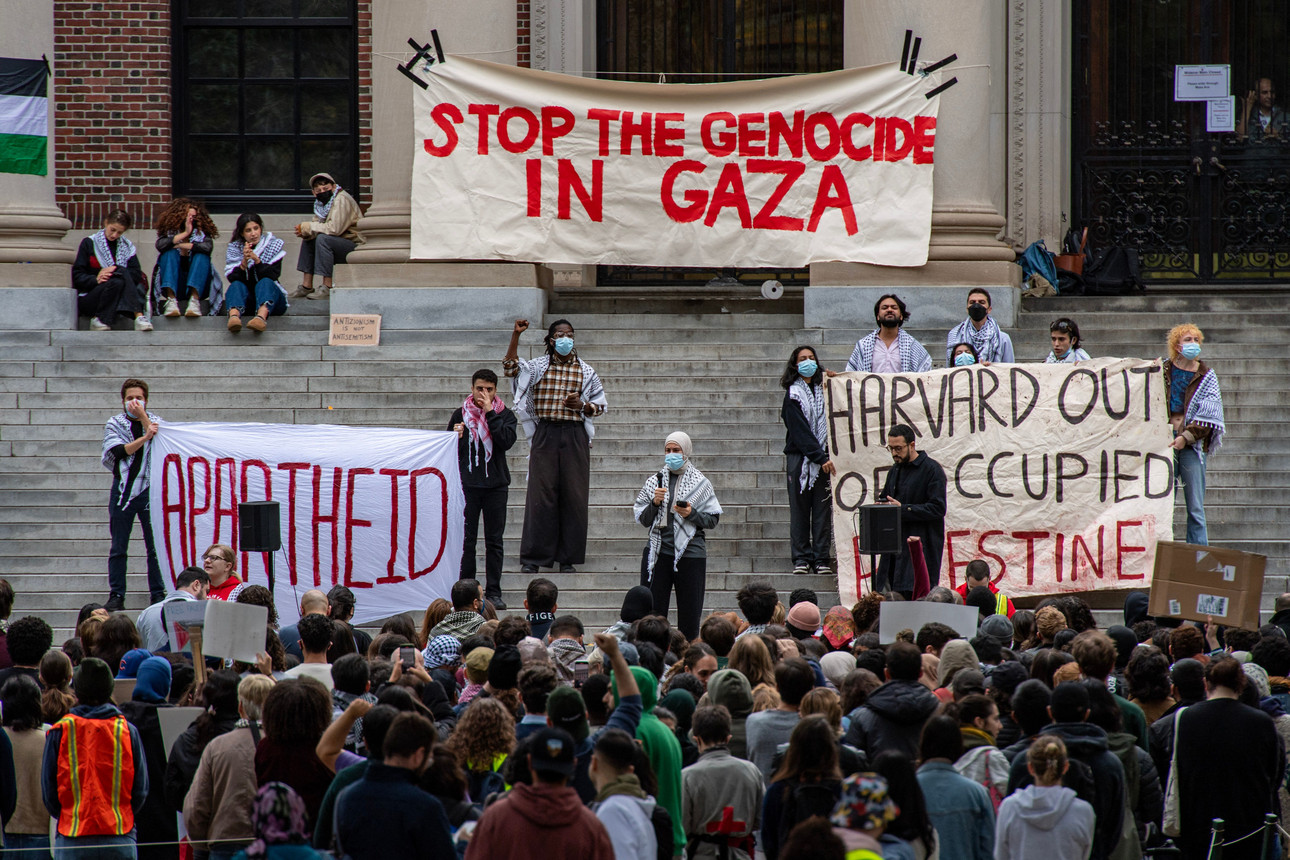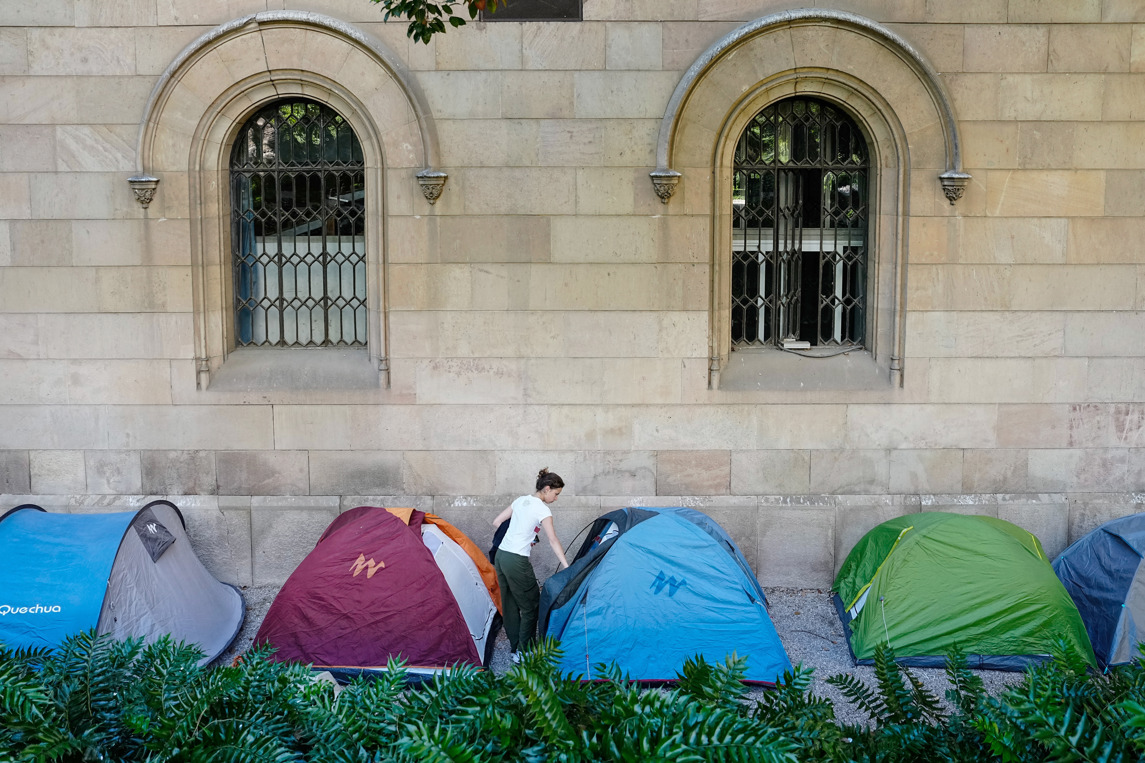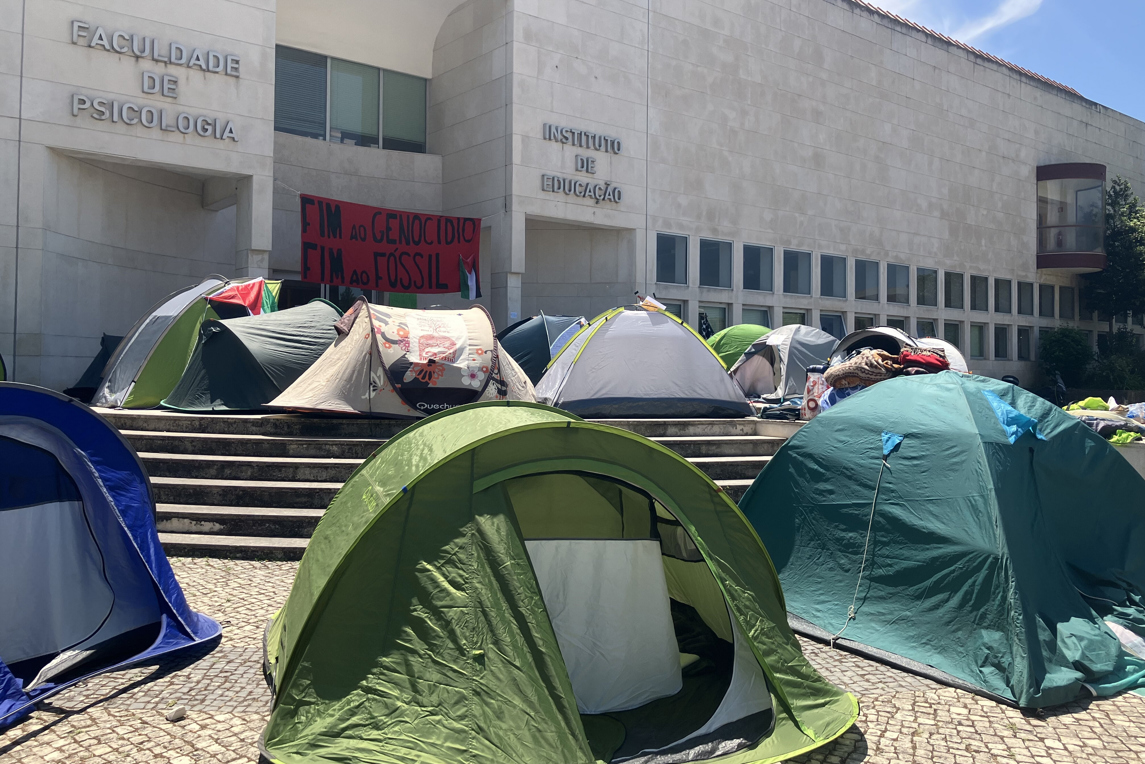The U.S. students who, out of compassion or anger, are protesting or in encampments (perhaps to evoke refugee camps) on their university campuses, in solidarity with the Palestinian people and to repudiate Israel’s genocidal behavior; are protecting their right to exercise solidarity in the First Amendment to the Constitution of their country.
Without the first 10 amendments, the U.S. Constitution would be an irrelevant text and the United States would be a large and rich country, but not the paradigm that that document made it. “Congress,” the text alleges, “may make no law respecting the establishment of religion, nor prohibiting the free practice thereof; nor limiting freedom of expression or of the press; nor the right to peaceful assembly of the people….” The margin note made the difference.
The significance of the postulate lies in the fact that all rights and all freedoms, creeds and faith, ideas such as demands, programs, and goals, loves and hates, exist as long as they are expressed. Without freedom of expression, no freedom and no rights can be realized.
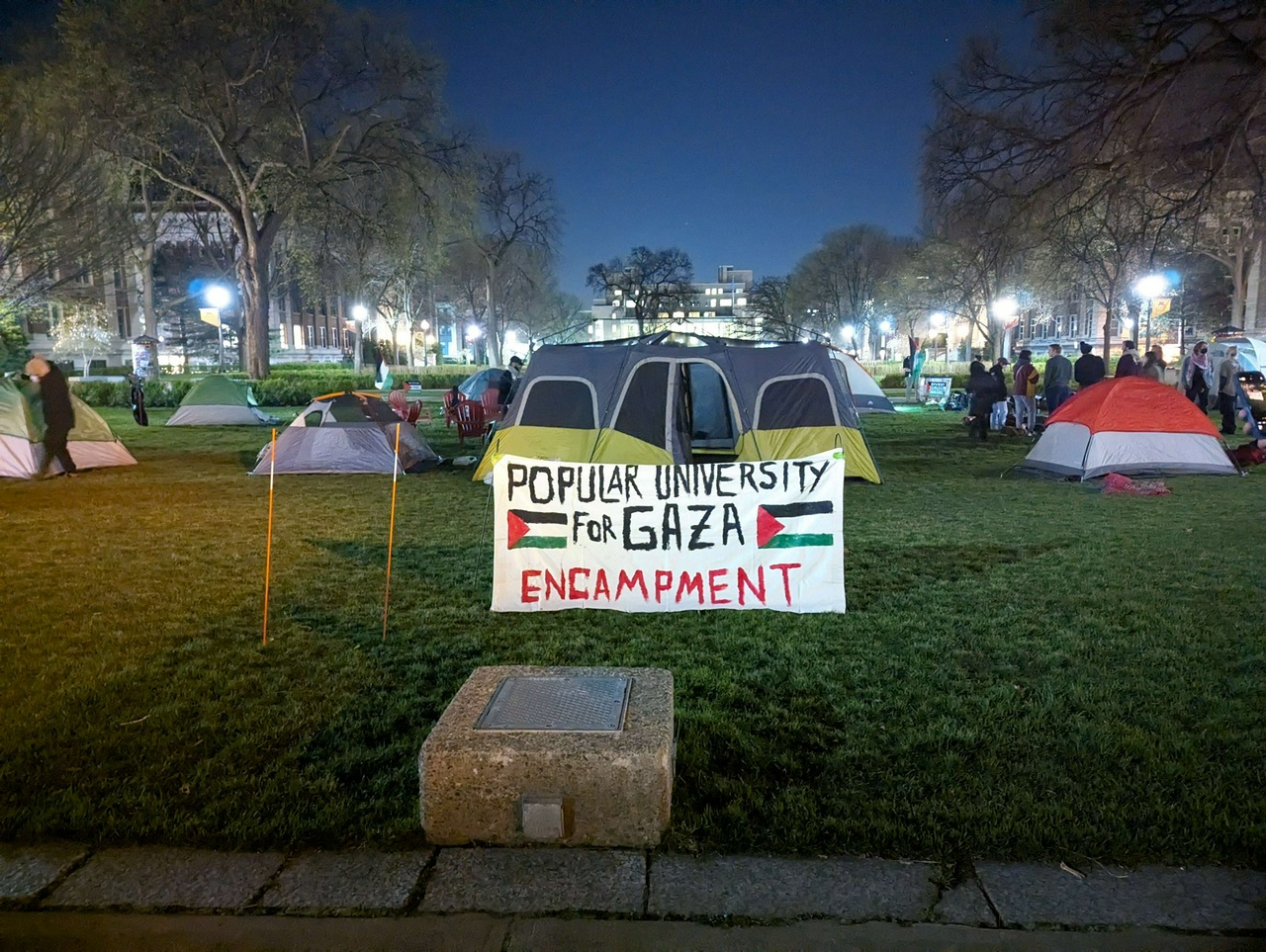
Freedom of expression is, above all, the freedom to think differently. Dissent from power and social hierarchies, and criticize individuals and institutions, as well as believe or not believe and freely disseminate and publish opinions. It is about the freedom to speak, write, recite and sing, edit and circulate books, newspapers and magazines, create scripts, make and exhibit films, and even tell tales and invent stories.
The right to freedom of expression includes all ways of communicating a message, to those who issue it and to its recipients.

Political power, control of markets and technologies, and religious institutions, by the European crowns that became colonialists, allowed them to introduce the slave trade and slavery that, exercised over almost five centuries, promoted racism. They were the ones who created and disseminated the theoretical aberrations about races, still in force, especially in the United States, the place in the world where contempt and hatred against blacks, Latinos, and all dark peoples is most current.
Racism based on skin color, protected by colonialism, generated apartheid and added to anti-Semitism and Islamophobia and more recently to Russophobia.

The paradoxical and perhaps tragic thing is that freedom of expression also protects manifestations of hate, racism and xenophobia, chauvinism, bullying and ridicule, even slander and expressions of bad faith.
Despite the impossibility of violating freedoms, it is obvious that these negative attitudes can be regulated and even penalized. The problem is how to codify them and determine which ones are made illegal.
It was correct that many European states, among others Germany and the Soviet Union, outlawed fascist ideology. Still, the currents that with a certain superficiality describe reactionary or right-wing attitudes as fascist are not correct.
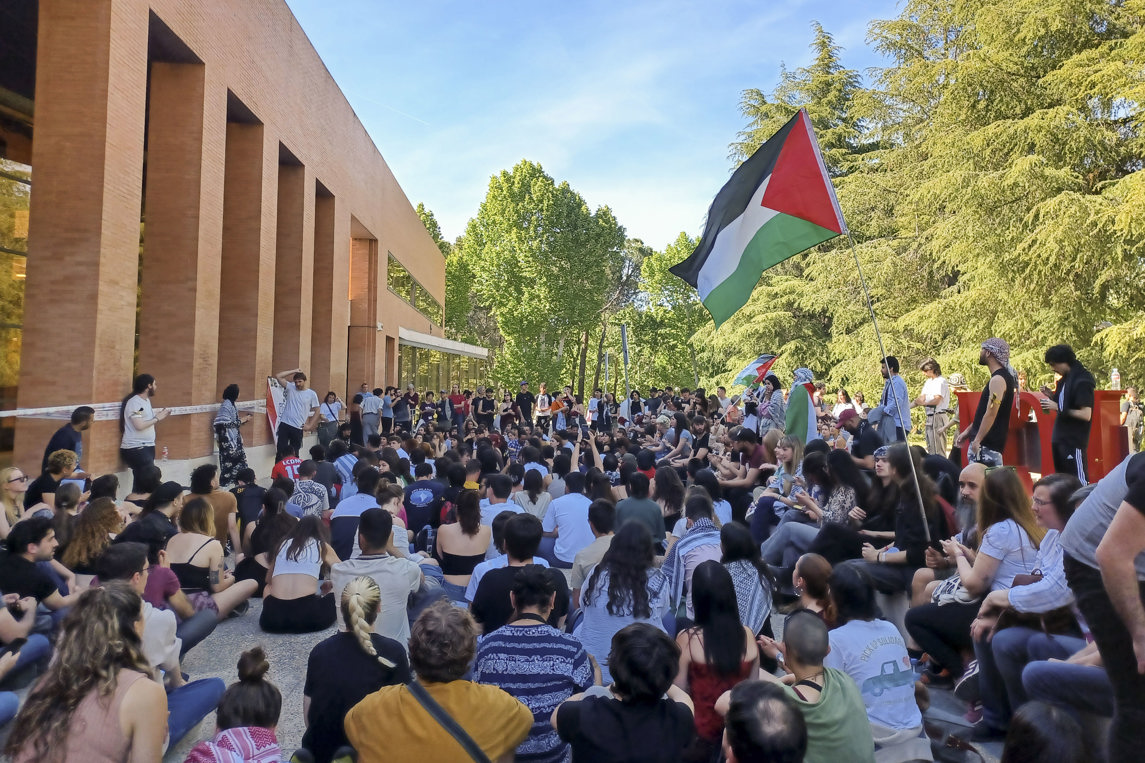
In the 18th century, women had to refrain from showing their legs and no matter how discreet a neckline was, it was cause for scandal. Even today there are places where it is punishable for them to show their face or wear their hair uncovered and they have the “morality police.”
Adjusting to the historicity of phenomena of an ideological and political nature and validating repressive and in some cases inhuman actions, being excessively permissive in the name of local values and customs, can lead to a kind of legal and moral relativism.

This moral relativism is discussed today in the United States where, invoking the First Amendment, extermination practices are tolerated and students who name the xenophobia committed by Israel in Palestine are repressed.
Given the courage and determination of the young people who, at Harvard, Columbia, Yale, leave the bubble that serves as their comfort zone to defend the victims of the genocide being committed in Gaza and condemn the perpetrators, I have remembered the couplets that Mercedes Sosa dedicated to all of them:
Long live the students/ Garden of our joy/ They are birds that are not scared/ Of animals or police/ And they are not scared of bullets/ Nor of the barking of the pack of hounds… I like students Who roar like the winds/When they are forced to hear cassocks and regiments… Long live the students! See you there.
________________________________________
*This text was originally published in the newspaper ¡Por esto! It is reproduced with the express authorization of its author.
